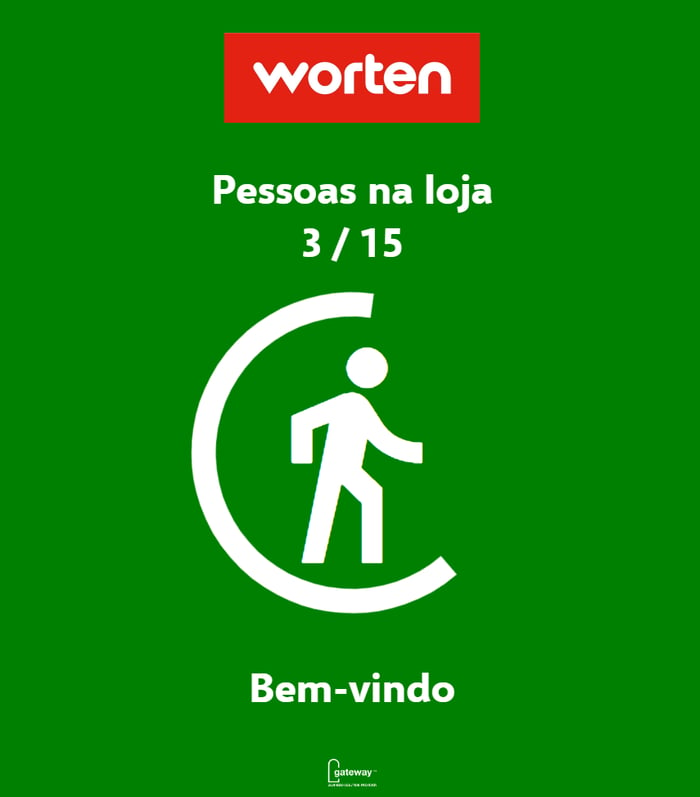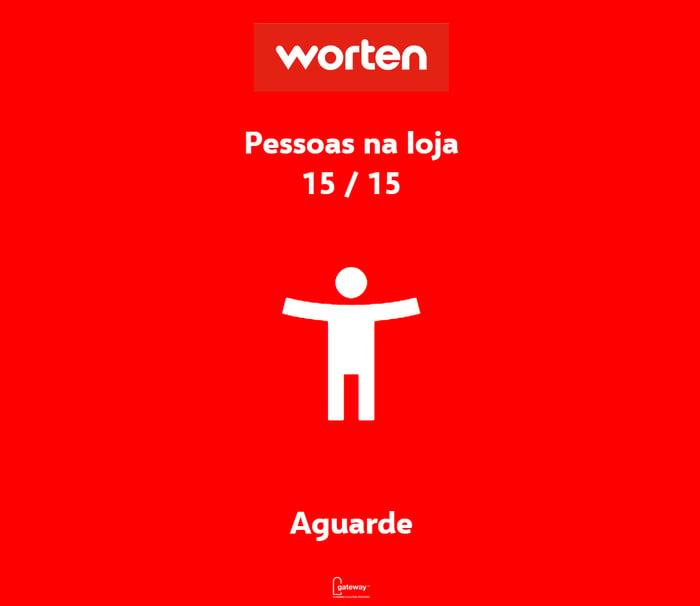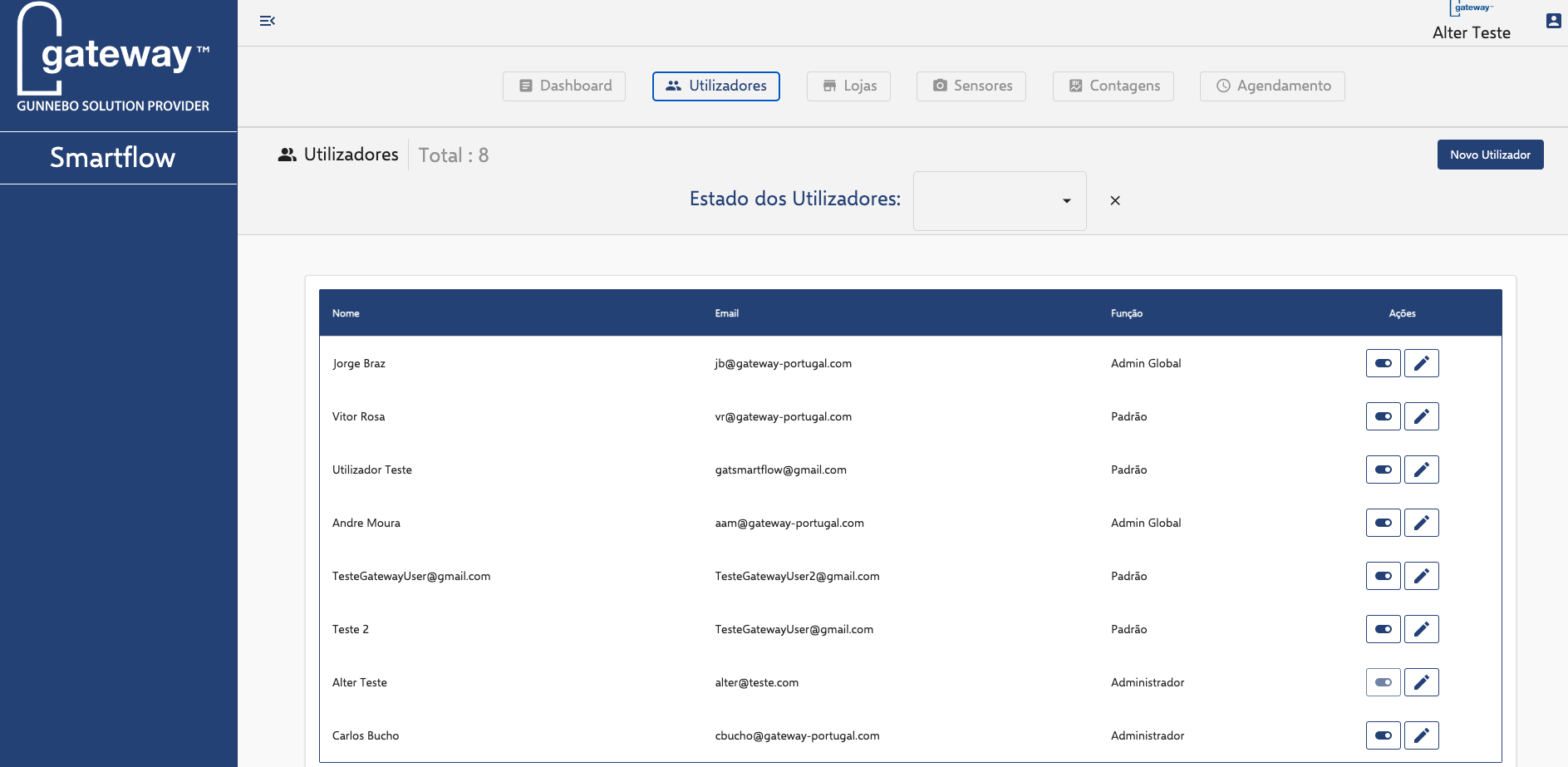Case Study
App development for customer counting and business management

The client
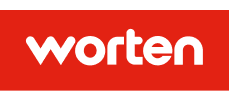
Industry
- Retail
- Founded in 1996, in Portugal
- Specialised in electronics, entertainment and home appliances
- Over 180 stores in Portugal
Challenge
This project emerged in the early stages of the COVID-19 pandemic, as the following needs arose:
- For public safety reasons, limit the access of large crowds to the same store.
- Allow for counting the number of people visiting the stores. With that information, stores can know which are the busiest times and how to boost their business.
- Present various statistical information that allows stores to define marketing strategies, such as:
- Which store has the most visitors?
- What are the days in which a particular store has the highest number of visitors?
- What is the most visited area of the store?
- What age groups visit the store?
Solution
The solution involved the development of 4 major components with well-defined purposes:
-
SOAP: a service that allows capturing the data from the stores' sensors in real time. With the sensor data it is possible to know how many people entered/exited the stores, as well as other data;
-
REST API: a server that connects to the SOAP service in order to save the sensor data in the database;
-
Dashboard: a counting panel that allows you to check how many people entered and exited a given store. In practical terms, this dashboard would be in front of the store;
-
Customer application: a web application that allows access to the application's settings and various dashboards. This is where clients can configure stores, clients, panels, sensors, and have access to a set of useful information for the business analysis of the store itself.
Methodology
A combination of several Agile methodologies was used. It involved the values of Scrum and XP.
Technologies
-
SOAP: ASP.NET; SignalR
-
REST API: Java 8; Spring Boot
-
Dashboard: Angular
-
Customer application: Angular
-
Database: MySQL
Results
The uptake of the application by customers was a success. It allowed our customer to sell more sensors and install the application in several stores.
There was a significant increase in the customer's Return On Investment (ROI).
Time and resources
The project lasted 6 months. The team included:
- Project Manager;
- Functional Analyst;
- 1 Fullstack Developer (ASP.NET and Java);
- 1 Front-end Developer.
Architecture
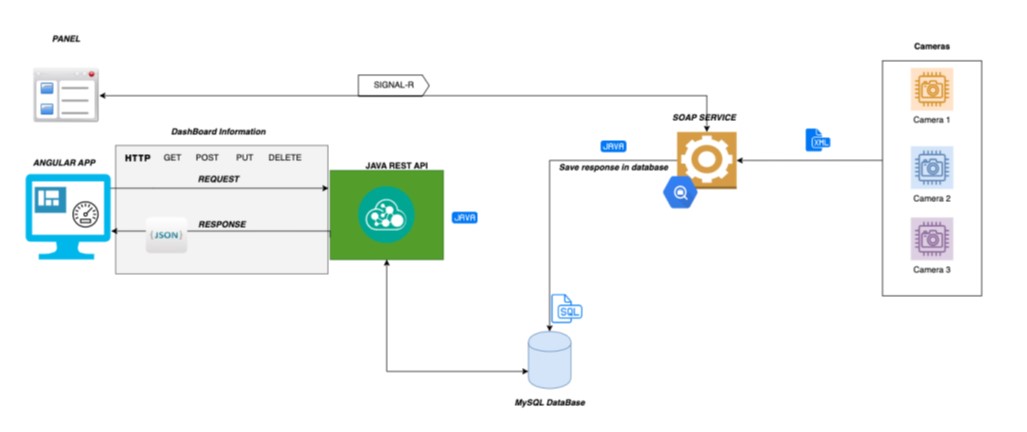
Images of the application
